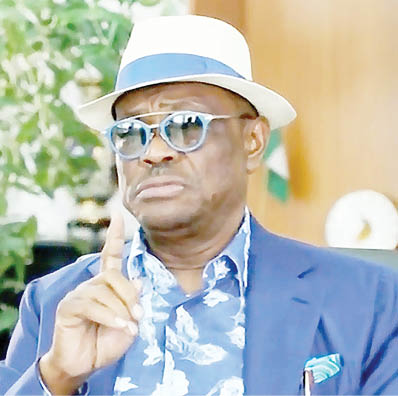
Eminem’s musical journey started in hungry desperation at an obscure studio on 8 Mile Road. On the 5th November Saturday night, it led him into the Rock & Roll Hall of Fame.
The Detroit rapper, in one the most triumphant moments of his much-decorated career, was enshrined in the rock hall during a long, star-filled ceremony at the Microsoft Theater. Eminem, inducted by Dr. Dre and joined by Ed Sheeran and Steven Tyler during his musical performance, became the 20th Detroit inductee in the institution’s 36-year history.
In he’s words “I realize what an honor it is right now for me to be up here tonight, and what a privilege it is to do the music that I love — the music that basically saved my life,”
Eminem clad in a black leather hoodie and donning a pair of glasses to read his handwritten acceptance speech.
Eminem has long been uneasy with the celebrity spotlight, and he reaffirmed it Saturday, declining to walk the red carpet and rarely looking up as he delivered his speech. “This part I’m not crazy about,” he said, gesturing down at his notes.
Rather than devoting his big moment to indulge in his career accomplishments, he spent nearly half his time at the podium saluting the “groundbreaking artists” in hip-hop who inspired his work. For 3½ minutes, he read an alphabetical list of more than 100 names, famous and obscure — fittingly slipping into a rhythmic flow as he rattled them off.
“I would not be me without them,” he concluded. “I’m a high-school dropout with a hip-hop education, and these are my teachers. It’s their night just as much as it is mine.”
Eminem who was inducted my his long time friend and boss Dr Dre, spent close to eight minutes introducing him and how it’s a well deserved honour.
This did Dre noted that Eminem has never concerned himself with sales figures and other industry benchmarks.
“What’s most important to him is that he’s earned the respect of his peers as one of the best to ever do it,” Dre said. “Turns out, this unassuming white guy with blue eyes from Detroit (turned) everything we thought we knew about hip-hop on its head by forcing us to confront our own biases, pulling not only the genre but all of us right along with him.”






